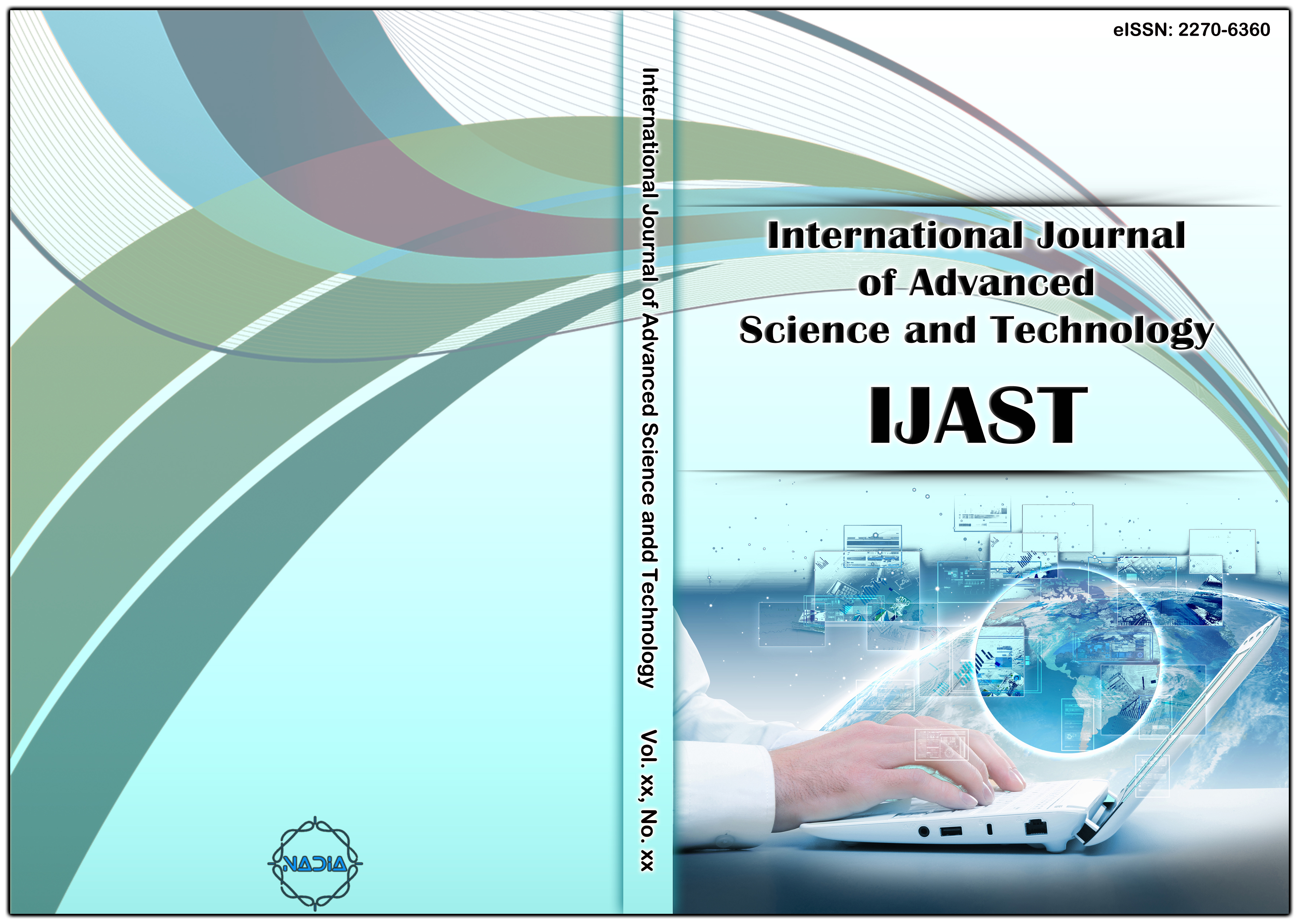Abstract:
This paper proposed a new replication management scheme for IoT sensor network environments. Replicating data across multiple nodes can increase the reliability for the shared data. However, data replication inevitably results in overhead of maintaining data consistency, especially in the event of excessive sensor node failures, requiring more costly synchronization mechanisms. In order to lessen the overhead of excessive node failures in fault-prone IoT sensor networks, a new scheme called sensor delegation con-sensus (SDC) was devised in this study. SDC minimizes the message exchange overheads of performing quorum access processes by means of viable deputy polling method which uses strong sensor nodes except unreliable nodes in polling process. This paper also proposed a computer simulation system to present the efficiency of SDC scheme. The performance evaluation results showed that the SDC model outperforms traditional replication management models.
Keywords:
Frequent disconnection; IoT sensor network; Replication control; Weighted polling
References:
[1] Yong Yao, Johannes Gehrke, “Query Processing for Sensor Net-works,” IEEE Pervasive Computing, Vol.3, No.1, (2004), pp. 46-55. (March 2004).
[2] Plale. B., “Using Global Snapshots to Access Data Streams on the Grid”, Lecture Notes in Computer Science, Vol.3165, pp.191-201, 2004.
[3] Javier J. M., Colonna J. G., Soares R. B., Figueiredo C. M. S., and Nakamura E. F., "Compressive Sensing for Efficiently Collecting Wildlife Sounds with Wireless Sensor Networks", International Conference on Computer Communications and Networks (ICCCN), (2012), pp.1-7.
[4] Bernstein P., Hadzilacos V., and Goodman N., Concurrency con-trol and recovery in database systems, Addison-Wesley Press, (1987).
[5] Kumar, “A. Hierarchical quorum consensus: a new algorithm for managing replicated data,” IEEE Trans. Comput., Vol.40, No.9, (1991), pp.996-1004.
[6] Spasojevic, M. and Berman, P., “Voting as the optimal static pes-simistic scheme for managing replicated data, IEEE Trans. Parallel Distrib. Syst.,Vo. 5, No.1, (1994), pp. 64-73.
[7] Herlihy, M., “A quorum-consensus replication method for abstract data types,” ACM Trans. Comput. Syst., Vol.4, No.1, (1986), pp.32-53.
[8] Lin, X., “A fully distributed quorum consensus method with high fault-tolerance and low communication overhead,” Theor. Comput. Sci., Vol. 185, No. 2, (1997), pp.259-275.
[9] Malkhi, D. and Reiter, M., “Byzantine quorum systems,” Distrib. Comput., Vol.11, No.4, (1998), pp.203-213.
[10] M. Vukolic., “Quorum Systems: With Applications to Storage and Consensus,” Synthesis Lectures on Distributed Computing Theory. Morgan & Claypool (2012).
[11] Edson Tavares de Camargo, Elias P. Duarte Jr., Fernando Pedonez: “A Consensus-based Fault-Tolerant Event Logger for High Perfor-mance Applications,” Euro-Par 2017: Parallel Processing, (2017), pp.415-427.
[12] Cachin C. and Vukolic M., “Blockchain consensus protocols in the wild,” Technical Report arXiv:1707.01873, IBM Research – Zurich (July 2017).
[13] Bernstein, P. and Goodman, N.: “An algorithm for concurrency control and recovery in replicated distributed databases,” ACM Trans. Database Syst., Vol.9, No. 4, (1984), pp.596-615.
[14] Ittai Abraham, Dahlia Malkhi, Kartik Nayak, Ling Ren, and Alex-ander Spiegelman.: “Solidus: An incentive-compatible cryptocur-rency based on permissionless byzantine consensus,” arXiv preprint (2016).
[15] Pass R. and Shi E., “Hybrid consensus: Efficient consensus in the permissionless model,” Cryptology ePrint Archive, Report 2016/917, (2016).
[16] CSIM, “Introduction to CSim Modeling Environment”, (2018), available online: http://www.csim.com/overview.html.
Citations:
APA:
Byun, S., (2019). Viability-Based Replication Management Scheme for Reliable IoT Data Services. International Journal of Advanced Science and Technology (IJAST), ISSN: 2005-4238(Print); 2207-6360 (Online), NADIA, 124, 89-102. doi: 10.33832/ijast.2019.124.08.
MLA:
Byun, Siwoo, “Viability-Based Replication Management Scheme for Reliable IoT Data Services.” International Journal of Advanced Science and Technology, ISSN: 2005-4238(Print); 2207-6360 (Online), NADIA, vol. 124, 2019, pp. 89-102. IJAST, http://article.nadiapub.com/IJAST/Vol124/8.html.
IEEE:
[1] S. Byun, “Viability-Based Replication Management Scheme for Reliable IoT Data Services.” International Journal of Advanced Science and Technology (IJAST), ISSN: 2005-4238(Print); 2207-6360 (Online), NADIA, vol. 124, pp. 89-102, Mar. 2019.
